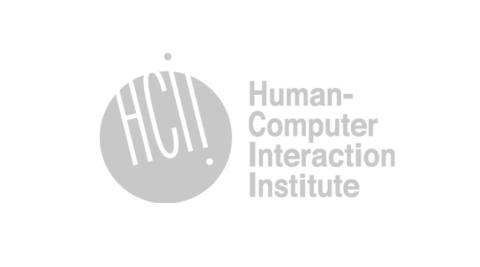What Makes Digital Support Effective?
How Therapeutic Skills Affect Clinical Well-Being
2024

Online mental health support communities have grown in recent years for providing accessible mental and emotional health support through volunteer counselors. Despite millions of people participating in chat support on these platforms, the clinical effectiveness of these communities on mental health symptoms remains unknown. Furthermore, although volunteers receive some training based on established therapeutic skills studied in face-to-face environments such as active listening and motivational interviewing, it remains understudied how the usage of these skills in this online context affects people's mental health status. In our work, we collaborate with one of the largest online peer support platforms and use both natural language processing and machine learning techniques to measure how one-on-one support chats affect depression and anxiety symptoms. We measure how the techniques and characteristics of support providers, such as using affirmation, empathy, and past experience on the platform, affect support-seekers' mental health changes. We find that online peer support chats improve both depression and anxiety symptoms with a statistically significant but relatively small effect size. Additionally, support providers' techniques such as emphasizing the autonomy of the client lead to better mental health outcomes. However, we also found that some behaviors (e.g. persuading) are actually harmful to depression and anxiety outcomes. Our work provides key understanding for mental health care in the online setting and designing training systems for online support providers.
Researchers
Anna Fang, Robert Kraut
Research Areas

